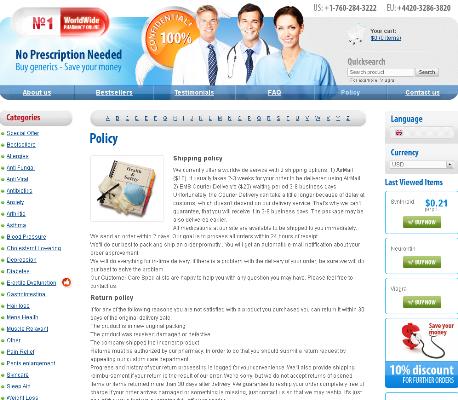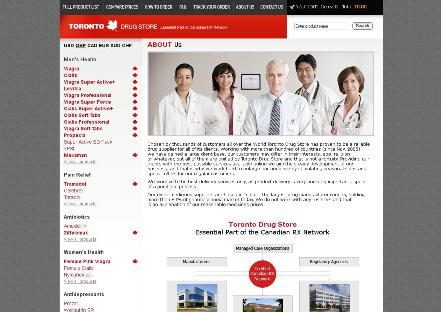Pepcid: A Medicine For Ulcers Treatment
Throat and stomach problems brought about by excessive acids such as erosive oesophagus and the Zollinger-Ellison syndrome and acid reflux. Famotidine, Pepcid's active ingredient works by reducing the stomach acid levels. This helps prevent the occurrence of ulcers and associated symptoms such as stomach pain and heartburn. Pepcid is available without prescription and can be used to relieve symptoms associated with excessive acid in the gut. However, it is vital to read the package instructions before taking Pepcid for self-medication.
Pepcid Usage And Dosage Instructions: Pepcid should be taken orally without food one or two time everyday or according to the doctor's instructions. The length of treatment and dosage with Pepcid varies depending on your response and medical condition being treated. Dosage can also be determined by body weight in children. To maximize the effect of Pepcid, it is recommended to take the drug consistently. Avoid the temptation to increase your dosage or frequent of taking the Pepcid. You should also continue taking the drug for the entire prescribed period. Stopping the medication without a physician's approval will only delay the healing process. In case you are using the drug without prescription take a single tablet orally with water if you are trying to treat acid indigestion. To prevent heart burn, a single Pepcid tablet should be taken 15 to 45 minutes before taking food or beverages that would normally cause heartburn. Don't use more than two Pepcid tablets within a 24-hours period or take Pepcid for 14 consecutive days without a doctor`s approval.
Precautions: Ensure that you tell your pharmacist or doctor in case you are allergic to Pepcid or other H2 blocking agents such as ranitidine and cimetidine. Pepcid tablets may also contain inactive ingredients that could trigger allergic reaction. Before taking Pepcid, disclose your full medical history to your pharmacist or doctor especially if you have had problems with your immune system, liver, kidney or lungs. This is because some of the symptoms that Pepcid is used to treat could be indicative of bigger problems. In case you experience a heartburn accompanied by sweating, dizziness, lightheadedness, chest, shoulder or jaws pains, and unexplained weight loss, inform your doctor.
Interactions: Your pharmacist or doctor most likely knows potential drug interactions with Pepcid and may monitor you for this. Don't start, terminate or change the dosage of any medicine without their approval. Inform your pharmacist or doctor of any prescription or non prescription products you are using especially those containing azole. Atazanavir, diatinib and antifungals like ketoconazole and itraconazole. You should also check the labels of any drug you may use since they may have aspirin, ibuprofen, aproxen and other drugs known to cause ulcers hence negating Pepcid's effects. Talk to your doctor about the safety of using such drugs. However, low-dose use of aspirin for preventing stroke or heart attack should not be discontinued. Though Pepcid is along with other H2 blockers like nizatinide, ranitinide and cimetidine are available OTC. Never use them at the same time.
Known Pepcid Side Effects: Headaches, diarrhea, dizziness and constipation are the most common side effects associated with Pepcid. In case you experience anything more serious then inform your physician promptly. The more serious but rare side effects include irregular heartbeat, fever, sore throat; mood swings coughs and seizures. Serious allergic reactions are very unlikely to be triggered by Pepcid usage. However, medical attention should be sought in case or a rash, swelling/itching on the throat and tongue, difficulty in breathing and severe dizziness.

